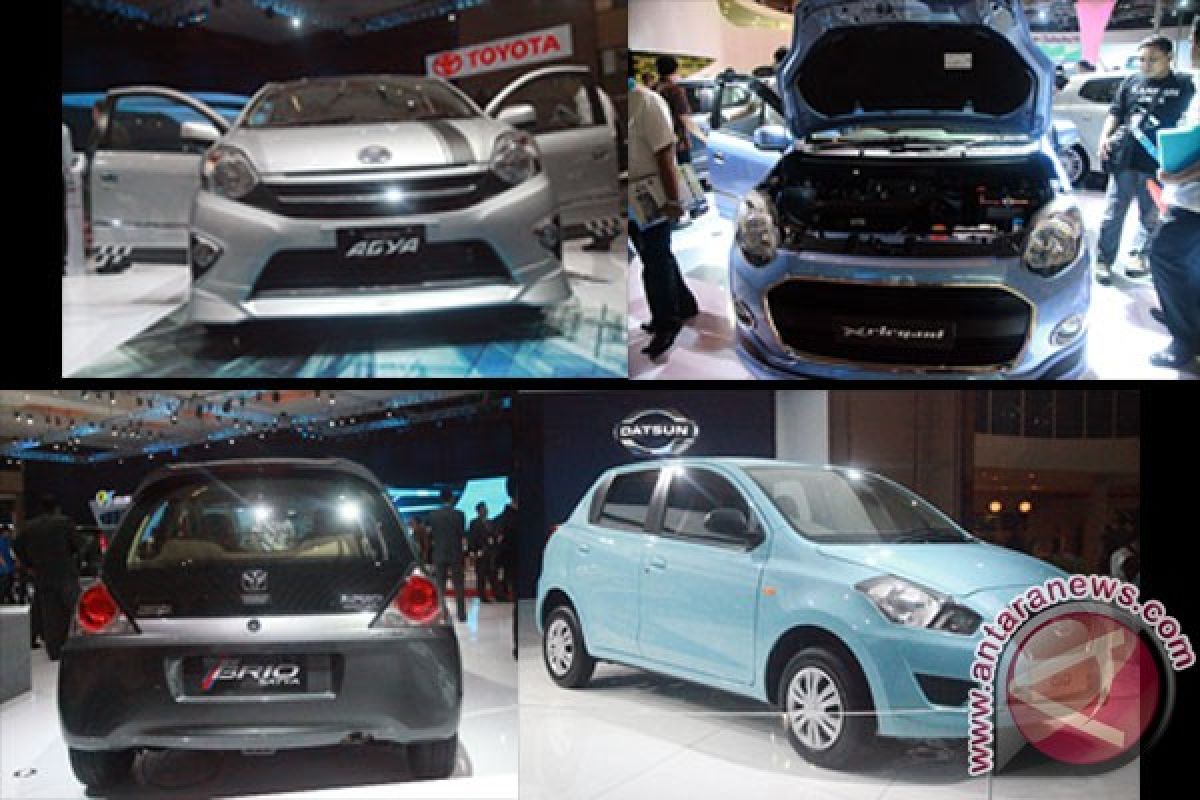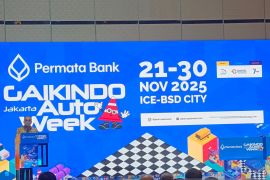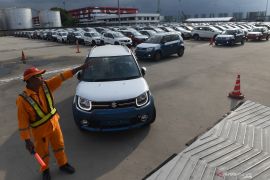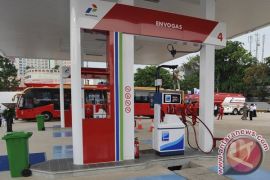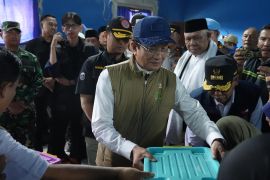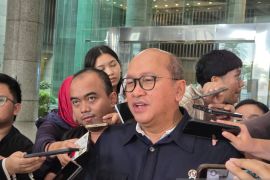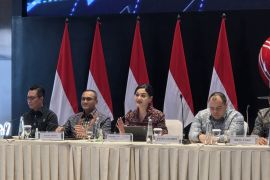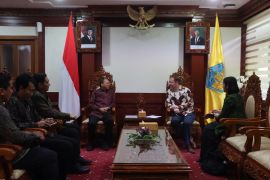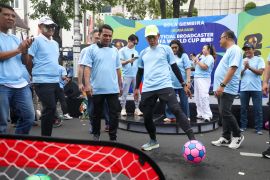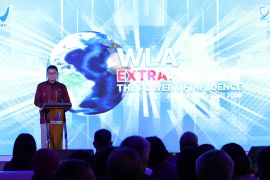"Businesses are flexible. They flow like water. If the sluice here is closed, the water will flow and seek other gates," Gaikindo Secretary General Noegardjito said here on Wednesday.
The secretary general added that he would not comment too much on politics, including the possibility of the LCGC program being canceled by the incoming Joko Widodo-Jusuf Kalla (Jokowi-JK) administration.
Noegardjito further stated that Gaikindo has yet to be informed about the policies of the Jokowi-JK government because its cabinet has not been set up yet.
"The cabinet has not been formed yet. We do not know the direction of their policies but will follow them regardless. It is because we were following the (current) government�s policies that we had been manufacturing LCGCs as well," he remarked.
Noegardjitos statements were in response to the approaching end of the current government�s tenure on October 20, when the Jokowi-JK administration will assume charge.
He noted that the manufacture of LCGCs did not have any significant impact as they held only 15 percent of the market share of national automotive sales in the country. The remaining 85 percent of the market share is controlled by other automotive businesses.
Gaikindo records show that only 113,752 units of LCGCs were sold between January and August. Toyota Astra Motor "Agya" was the green car that sold the highest number of 46,399 units.
President-elect Jokowi had earlier mentioned his plan to halt the LCGC program.
Moreover, the acting head of the Fiscal Policy Agency, Andin Hadiyanto, affirmed that his agency was evaluating the LCGC policy as the program had not lived up to expectations.
Initially, the government had hoped that the sale of LCGCs would help reduce the use of subsidized fuel as these cars require non-subsidized fuel. The owners, however, continued to buy subsidized fuel.
The government had also hoped that the program would help boost automotive exports, believing that manufacturers would be able to export 10 percent of the production. But this expectation was met with disappointment as well.
During his term as the Jakarta governor, Jokowi had opposed the production of these green cars because he was of the view that these would worsen traffic congestion in Jakarta.
In contrast, Vice-President-elect Jusuf Kalla supported the program. ***2***
(A014/INE)
EDITED BY INE
(H-YH)
(T.SYS/A/KR-BSR/A/H-YH) 24-09-2014 19:52:05
Editor: Priyambodo RH
Copyright © ANTARA 2014
